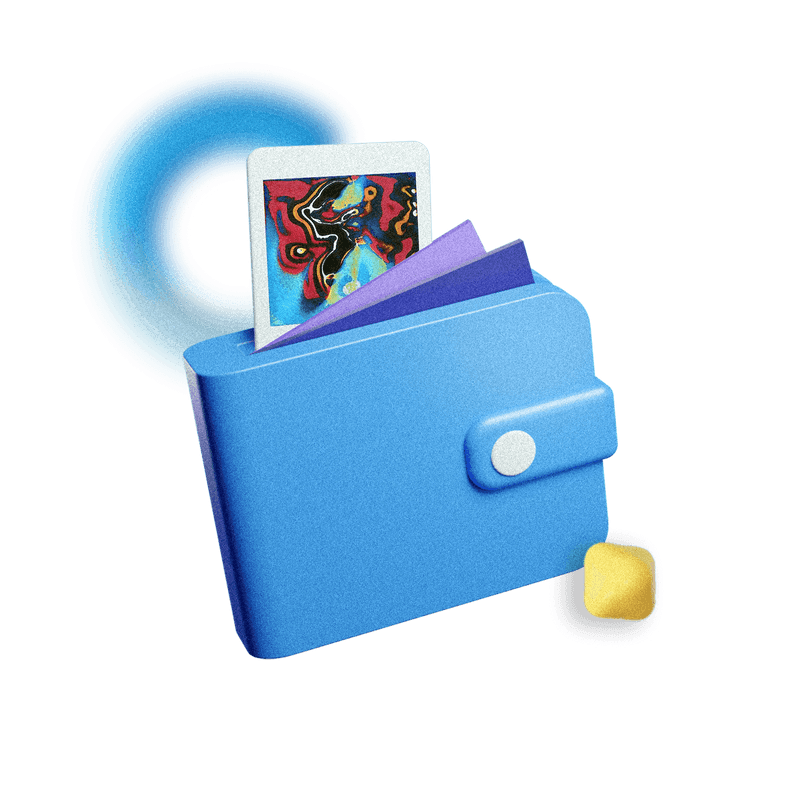What is a crypto wallet?

What is a Crypto Wallet
A crypto wallet is a program that helps you buy, sell, and store your cryptocurrency and (in many cases) your NFTs. Think of it as your address on the blockchain— you can send and receive items from it, it stores your items, and you want to keep it locked and safe. In this article, we’ll walk through the types of crypto wallets and how to set one up.
Types of crypto wallets
Custodial vs. non-custodial
There are two types of crypto wallets: custodial (“hosted”) and non-custodial wallets. Custodial wallets are managed by a third party company, whereas a non-custodial wallet is not. Custodial wallets are like keeping your valuables in a storage facility, and non-custodial wallets are like keeping them in your safe at home. Custodial wallets therefore require less responsibility, but are at the mercy of the third party (like, if the storage facility was robbed). Non-custodial wallets give you full control, but also mean you have to be extra careful (like, not losing your key or accidentally throwing away something valuable when you reorganize your closet).
Software vs. hardware
Non-custodial wallets include software and hardware wallets.
A software wallet is a program that lives on your computer or on your internet browser. This makes software wallets a great option for quickly and conveniently buying, selling, and transferring NFTs and cryptocurrency.
A hardware wallet is a physical device that you plug into your computer to use. Because it’s not always connected to your computer or browser, it’s a great option for long-term secure storage, but is a bit less convenient for fast or frequent transactions.
Different wallets support different blockchains, and not all wallets support NFTs. Here are some wallets compatible with DEFFIGALLERY